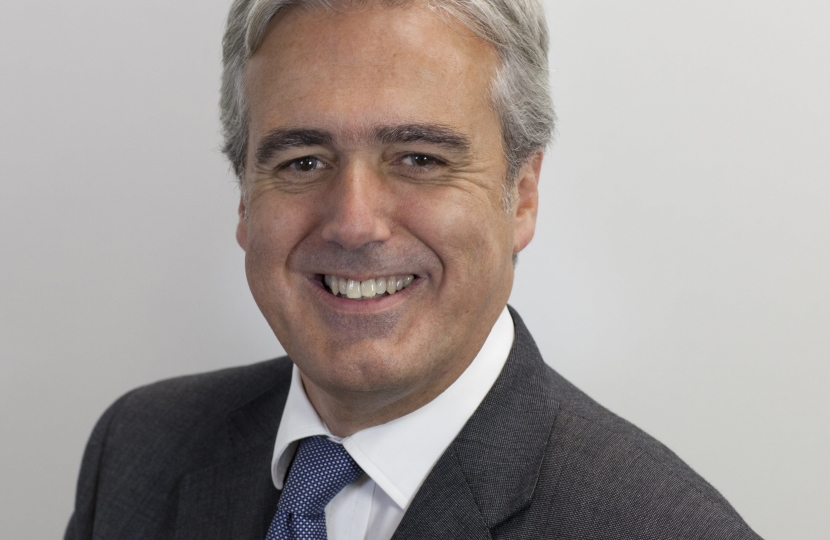
This week's Treasury Select Committee meeting with the Governor of the Bank of England has certainly picked up some media attention. Having been a member of the Treasury Committee for 6 years, I am pretty sure this was the first time it has trended on Twitter.
This meeting was more newsworthy because the Governor was giving evidence on the economic pros and cons EU membership. The referendum is incredibly important for our future and I am increasingly finding that people will stop me in the street, seeking my views, (I'm voting "in") and confessing to having no idea how they should vote. Reports from the Treasury Committee, with a reasonable balance of 'inners' and 'outers' (including the chairman of the Conservative "out" campaign), whilst highly complex will form the basis of informing the public on what to expect if we come out or if we stay in.
Much of the session surrounded the Bank's previous announcement that it, responsible for financial stability, had made provisions for extra liquidity to be available for the banking system around the time of the referendum. This in anticipation of possible shocks to the economy and currency markets and the requirement that the Bank steps in to hold up the system, albeit temporarily.
The governor's argument broadly followed the line that staying in maintains the status quo, and so that is unlikely to cause a short term shock: coming out inevitably creates uncertainty in the short and medium term so financial markets will be unstable as they react to a period of high uncertainty and breaking news as clarity, one way or another, unfolds. This is a perfectly reasonable stance and one that reflects his primary function of anticipating risks. He did, in the interests of balance, also go onto to say that there was a risk of further Euro zone crisis, of legislative risks of staying in and other possibilities.
But all this comes back to the basics of the argument. The fact is, none of us has the faintest clue whether being in or out will be beneficial to our country or otherwise after ten years. We can guess and take a position, but there is no way to prove we were right or wrong because there is no counterfactual. But we do know our economy is doing very well. What we can't agree on is whether it is because, or despite, we are members of the EU.
